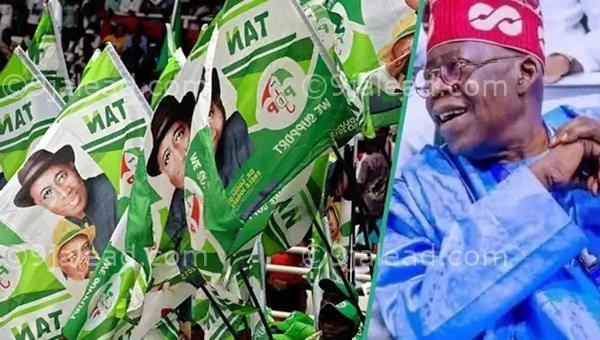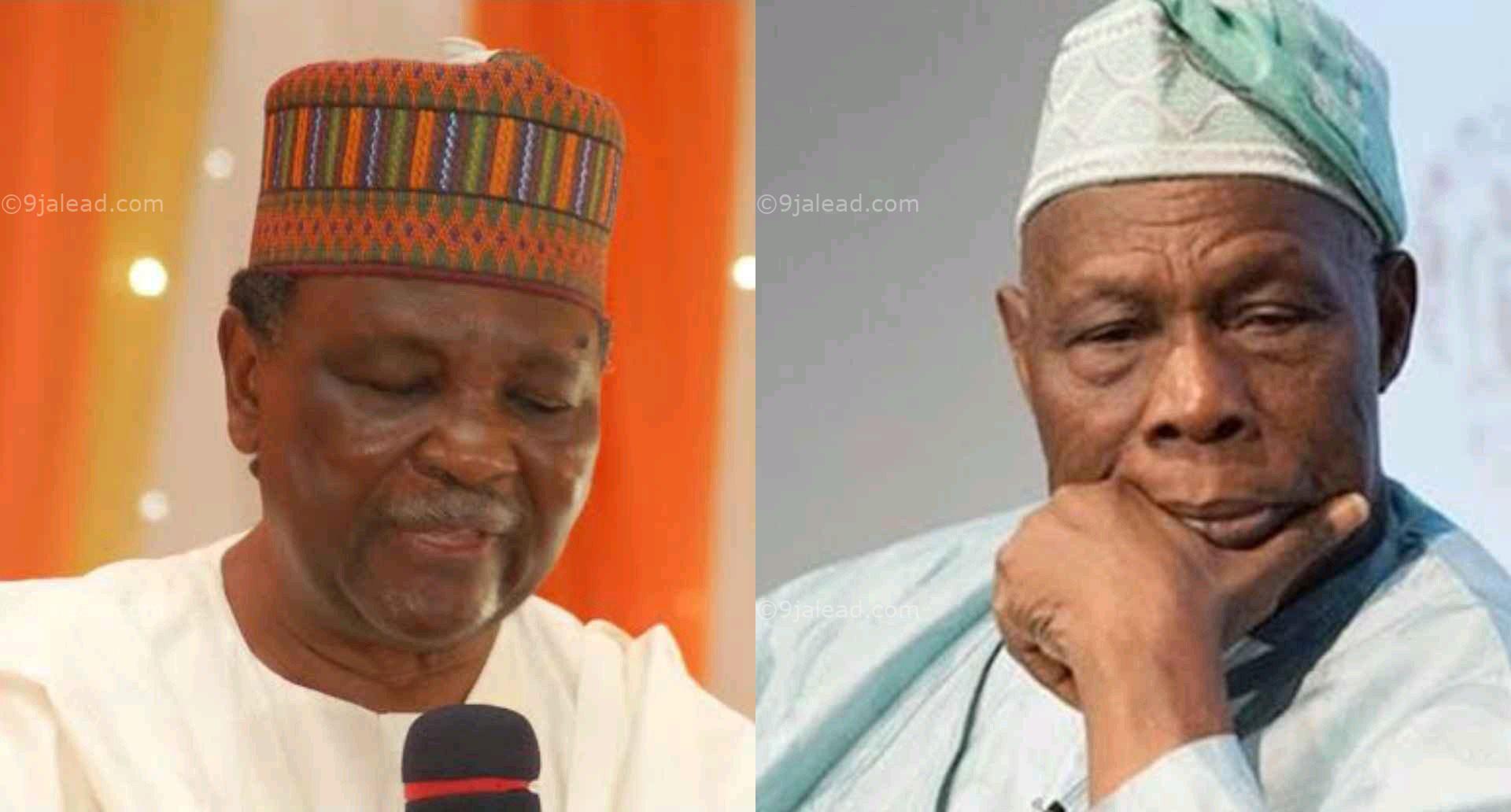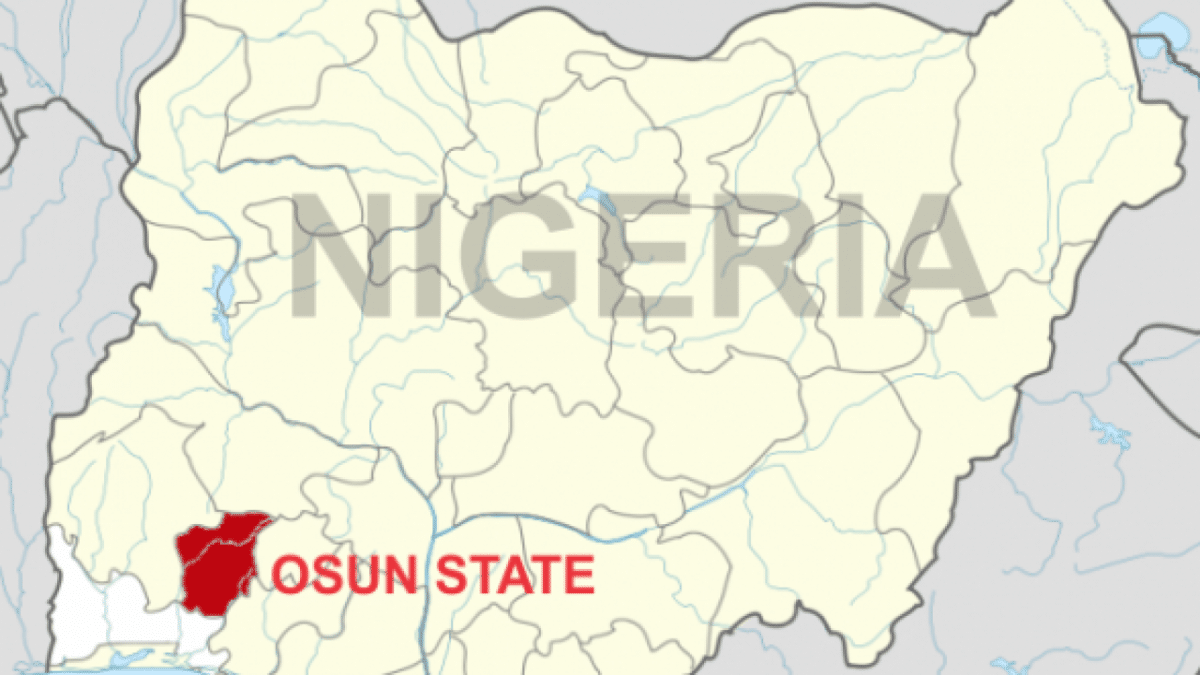A recent leak of Kogi State’s 2024 budget performance report has raised eyebrows over the alleged extravagant spending by Governor Usman Ododo’s administration on several controversial projects, despite widespread public hardship across the state. Among the highlighted expenditures is the alleged construction of an “Intruders Gate,” a security installation designed to prevent unauthorized access, which cost the state a staggering ₦398.8 million, far surpassing the ₦100 million initially allocated for the project.....CLICK HERE TO CONTINUE READING.>>
Intruders Gate Controversy
Thank you for reading this post, don't forget to subscribe!The so-called “Intruders Gate” is described in the leaked document as an anti-climb security gate, aimed at restricting access to properties and buildings. While such gates are often implemented to enhance security in high-profile or sensitive locations, the decision to spend ₦398,817,976.33—almost four times the budgeted amount—for a project with little explanation about its location has raised questions about fiscal responsibility and the priorities of the Kogi State government.
The lack of transparency regarding the installation’s precise location and its necessity, given the state’s numerous other pressing challenges, has prompted public outcry. Critics argue that such spending appears to be disproportionate, especially when juxtaposed against the ongoing economic difficulties faced by many Kogi residents, who are grappling with the rising cost of living and food insecurity.
Over Budget: A Recurring Theme
The revelation of the “Intruders Gate” expenditure is not an isolated instance of budgetary mismanagement in Kogi State. According to the same 2024 budget report, the Kogi government also significantly exceeded its spending limits on other projects, further fueling concerns about financial oversight. Notably, the government allocated ₦2.9 billion for minor capital works and the remodelling of the Government House from January to September 2024. However, the actual expenditure reached a jaw-dropping ₦3.984 billion—an increase of over ₦1 billion beyond what was initially planned.
The budget earmarked ₦100 million for minor capital works at the Government House, yet ₦784 million was spent. The remodelling of the Government House itself, which had been budgeted at ₦962 million, ended up costing the state ₦2.2 billion. This pattern of overspending is not limited to the Government House alone. Other allocations, including those for renovations of legislative residences and religious buildings, have similarly seen significant cost overruns.
For instance, renovations of the Speaker’s and honourable members’ residential quarters, originally budgeted at ₦50 million, eventually cost ₦58.7 million. Similarly, the renovation of the lodges for the Speaker and Deputy Speaker had a budget of ₦50 million, but actual expenditure reached ₦52 million. Even the landscaping and maintenance of the official residence of the Secretary to the State Government, which was budgeted at ₦10 million, was found to have exceeded expectations, with ₦13.8 million spent in just nine months.
Additionally, the construction of a mosque and chapel within the Government House was another major point of contention. Initially budgeted at ₦25 million, the actual cost for the project ballooned to ₦86.4 million. This overspending on religious structures within the government’s premises has sparked debate over the allocation of state funds for personal and non-essential purposes when there are numerous pressing needs elsewhere in the state.
Public Outcry and Concerns
The Kogi State government’s spending spree has not gone unnoticed, and residents have voiced their dismay over the apparent disregard for basic public welfare in favor of projects that benefit the government elite. The discrepancy between the lavish spending on government structures and the growing poverty among the state’s citizens has led to a wave of criticisms from both civil society organizations and opposition groups.
The government’s fiscal policies have come under increasing scrutiny as many people argue that the funds could have been better utilized to address more urgent issues such as healthcare, education, infrastructure, and the reduction of hunger and poverty, which continue to plague Kogi and other parts of Nigeria.
Calls for Accountability
Given the mounting concerns, many are calling for greater transparency and accountability in the management of state resources. The Kogi government, which has yet to address the specifics of the budget discrepancies publicly, now faces mounting pressure from citizens, media outlets, and opposition politicians to explain the rationale behind the excessive spending and the lack of clear communication about these projects.
As Nigeria continues to battle economic instability, the spotlight remains firmly on state governments like Kogi’s, where the priorities of elected officials are increasingly being questioned. The people of Kogi State, who face significant challenges daily, are looking to their leaders for solutions that will directly improve their quality of life. However, the lavish spending on government houses and security gates has done little to inspire confidence among the public.
Conclusion: A State in Crisis
While the Kogi State government’s lavish spending on non-essential projects continues to raise eyebrows, the real concern for many citizens remains the state’s inability to address fundamental issues that affect their lives. With the country grappling with inflation, unemployment, and social unrest, it is vital for government officials to demonstrate a clear commitment to fiscal discipline, prioritizing the well-being of the people over personal or political interests.
As more details emerge about the Kogi State budget and the questionable expenditures under Governor Ododo’s administration, it remains to be seen how the state government will respond to growing calls for greater fiscal responsibility. For now, the residents of Kogi state, like many Nigerians, continue to hope for a leadership that prioritizes the people’s needs over extravagant and potentially unnecessary spending.…..For More READ THE FULL ARTICLE HERE ▶▶










